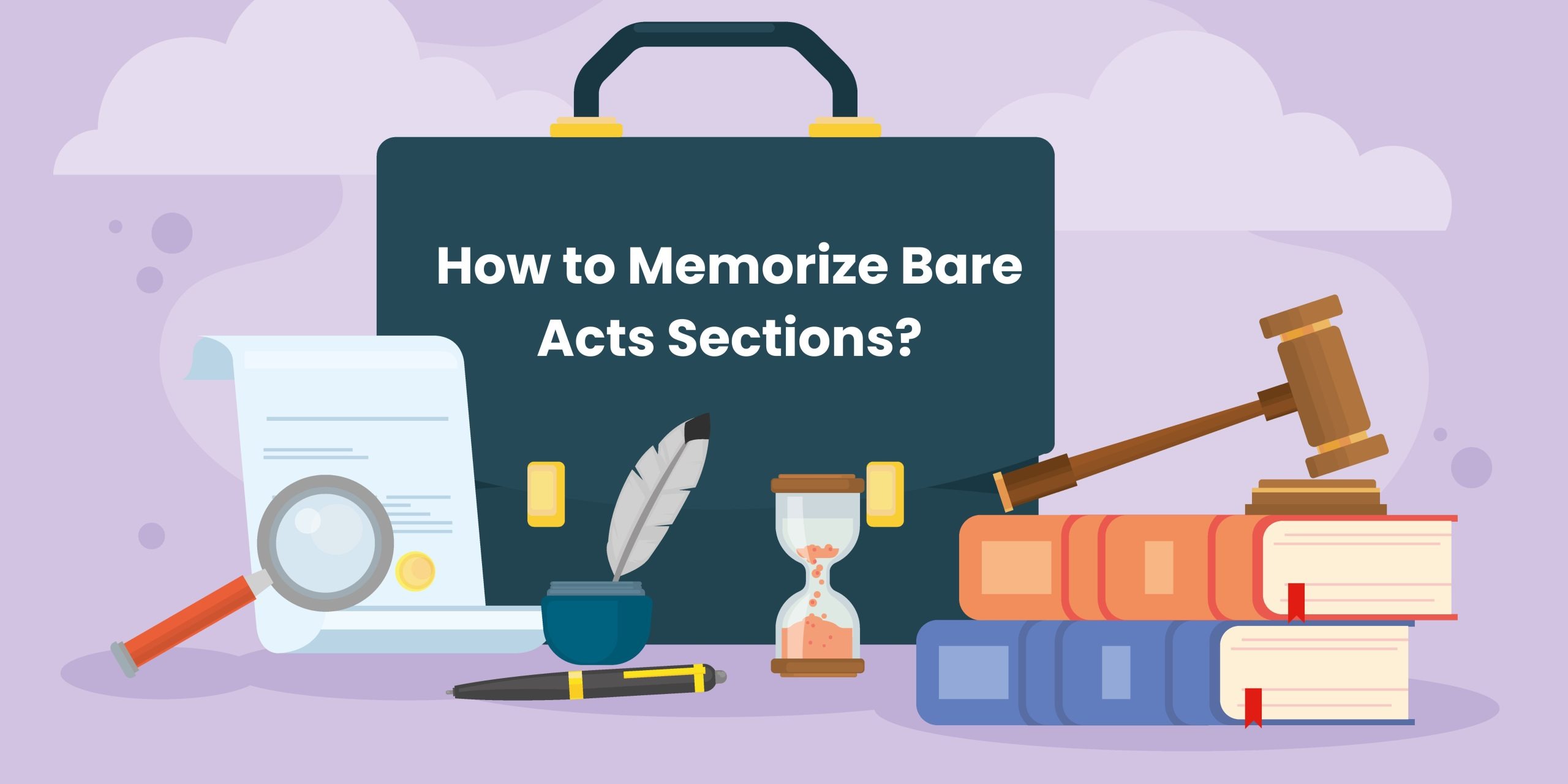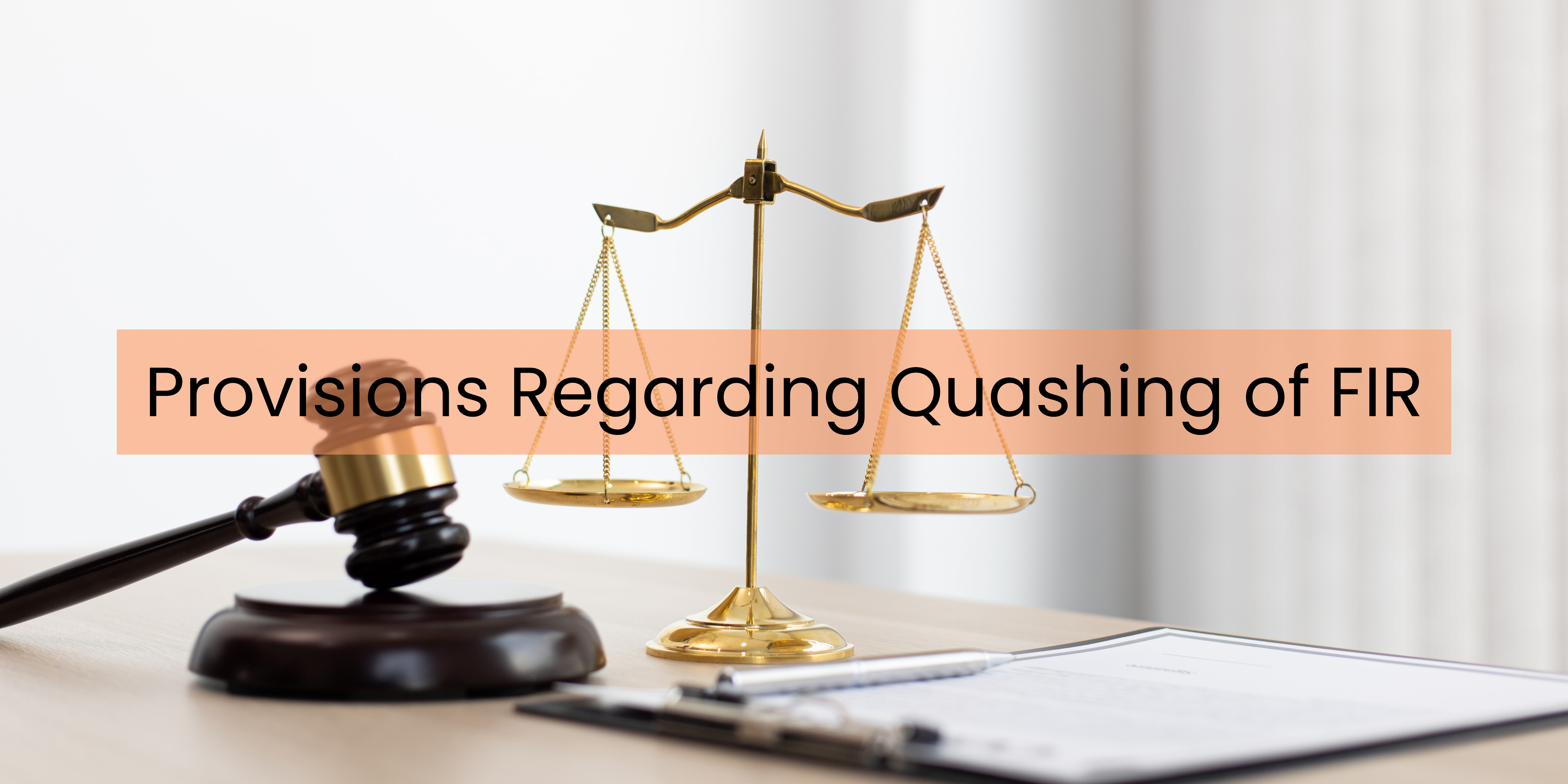Ever stared at a mountain of law books and wondered, “Is this what adulthood looks like?” Yeah, those heavy “bare acts” can be intimidating, enough to make you question your life choices. Haha! But guess what? Memorizing every single sections is NOT the only way to win the law school game. It’s a recipe for stress and confusion. Right…I understand!
So, attention, future legal eagles! This blog is your secret weapon for conquering bare acts without losing your mind. We’re ditching the boring memorization and unlocking smart hacks and sneaky tricks to make those sections your BFFs.
First things first: let’s be strategic. No point drowning in a sea of details. We’ll laser-focus on the super-important sections first. This saves you time, energy, and sanity.
So, ditch the fear and embrace the smart approach. This blog is your roadmap to Bare-Act mastery.
By the end, you won’t just be memorizing section, you’ll be understanding them. No more feeling lost in this maze of numerous laws.
So Let’s Dive In!
Before diving into memorization methods, it’s essential to grasp the significance of bare acts within the legal framework. Understanding the context and structure of these statutes is foundational to successful memorization. You can do so by reading the section slowly, i.e. 2-3 sentences at a time rather than reading the full section in one go. After reading the section, what you can do is, you can try to understand the section in your local language or your mother tongue. This technique is what I personally used to apply because this makes it easy to understand the complex clauses.
Once you understand the concept of the law, you can further use these tricks and tips to memorize or remember the important Sections of the Bare Acts.
Tricks to remember Sections of Bare Acts
- Chunking Technique: Break down lengthy section into smaller, digestible parts. This approach simplifies complex information, making it easier for you to understand and memorize them.
- Mnemonic Devices and Acronyms: Crafting mnemonic devices or acronyms(shortcodes) can help you in recalling key points within. These can be personalized and tailored to your individual learning preferences.
- Visual Aids and Diagrams: Visual representation through diagrams, mind maps, or flowcharts helps organize complex legal information. These help you to visually connect elements, enhancing memory retention and comprehension.
- Repetition and Review: Consistent review and spaced repetition significantly reinforce memory. Regularly revising clauses by writing them or learning 5-6 sections every day at increasing intervals boosts your understanding and improves long-term retention.
- Creating Summary Notes: Condensing provisions into summarized notes using your own words enhances understanding and retention. This technique facilitates easier recall during exams or practical applications.
- Associative Techniques: Establish connections between sections or link legal principles to real-life scenarios. Creating associations helps you contextualize information, making it more memorable.
- Teaching and Peer Discussion: Teaching clauses to your peers or engaging in discussions boosts deeper comprehension. Explaining legal provisions to others helps in personal understanding and makes the concept concrete in your mind and memory.
- Practical Application: Applying learned sections to solve case studies or participate in moot court exercises again helps. Practical application bridges theoretical knowledge with real-world scenarios.
- Technology and Audio Aids: Utilize technology by recording the content or using audio aids to boost memorization. Listening or rehearsing audibly complements visual learning methods.
Conquering bare acts isn’t about one magic trick, it’s about finding your superpower! Just like everyone learns differently, there’s no one-size-fits-all approach to memorizing section. So, the secret sauce is being your own science lab and experimenting with different techniques.
Remember, consistency is key. The more you engage with these techniques, the more those sections will stick in your brain (like catchy song lyrics you keep humming!). And bonus points – you’ll actually understand what they mean, not just ratofy them.


